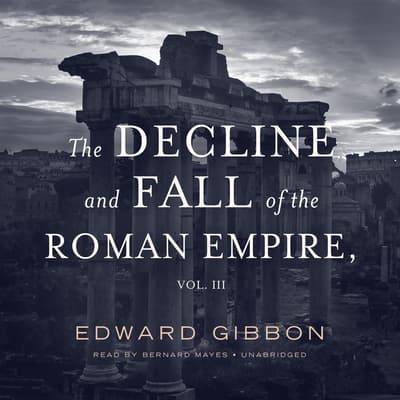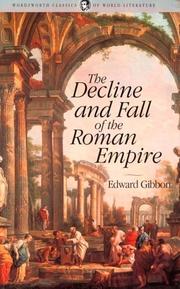

Julius Caesar, you’ve mentioned already, was a mild reformer. The same thing happened in Greece under Alcibiades, who ended up as an opponent of Athens. It was not to his people it was a class alliance. People who are familiar with the plays of William Shakespeare might know Coriolanus, but there’s a very different take on him here as someone who was being protested by the poor indebted and basically joined the enemies of Rome, the Volscians, and attacked Rome because of his class alliance. It’s a surprisingly fun book to read because of how culturally rich it is and how many of these references to philosophers, playwrights, and reformers get thrown in there. I want to do a little bit of name-dropping here. Colin Bruce AnthesĪ reminder, if you haven’t done so already, to like, subscribe, and ring that bell for notifications so you don’t miss our material.

“Forgive us our sins as we forget the sins of the debtors.” What they meant was every kind of sin except economic. “Forgive them their debts as we forgive the debtors.” Christianity, especially Roman Christianity, made a travesty of this. I think the character of early Christianity is what is in the Lord’s Prayer. Michael Hudson on The Collapse of Antiquity. Welcome back to theAnalysis for part two of our conversation with Dr.


 0 kommentar(er)
0 kommentar(er)
